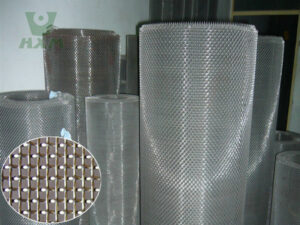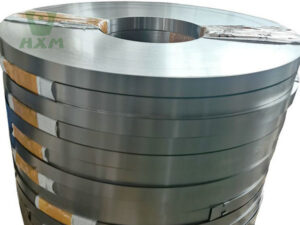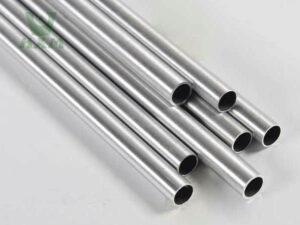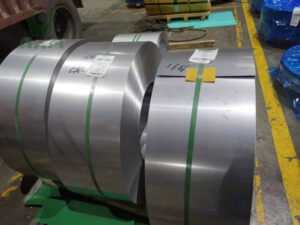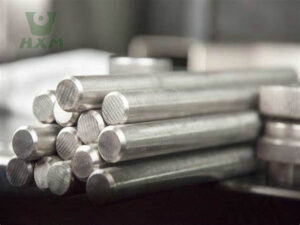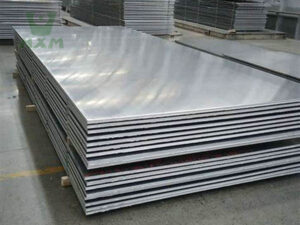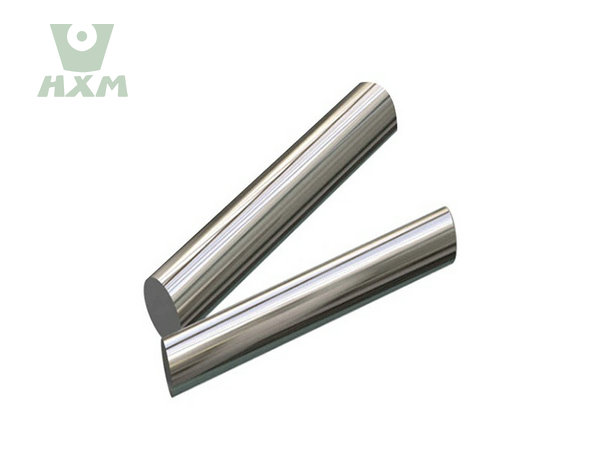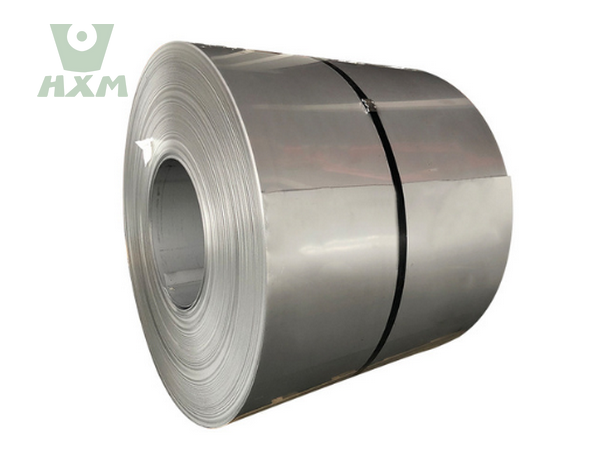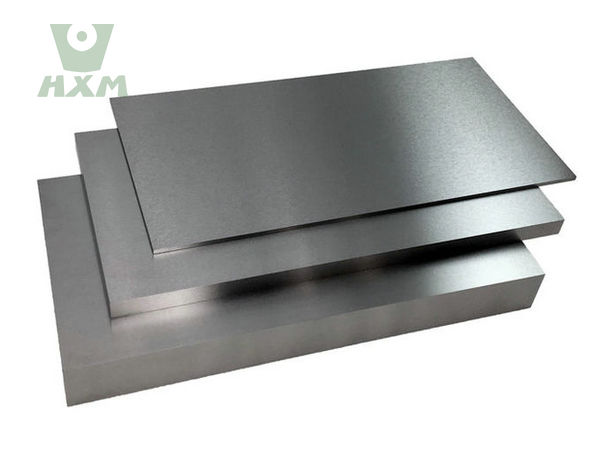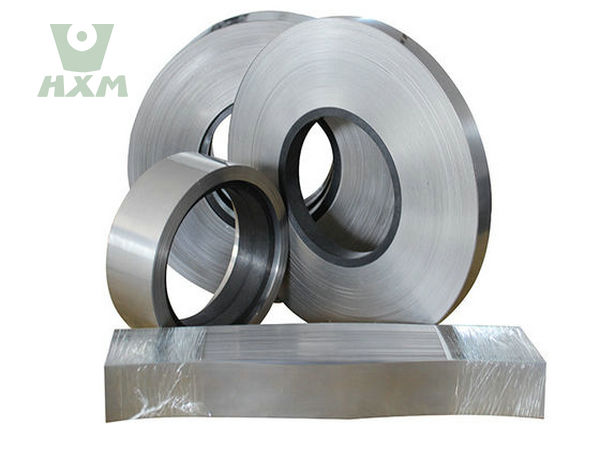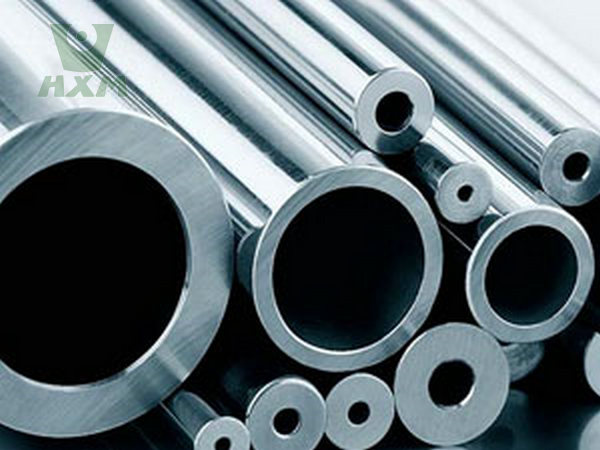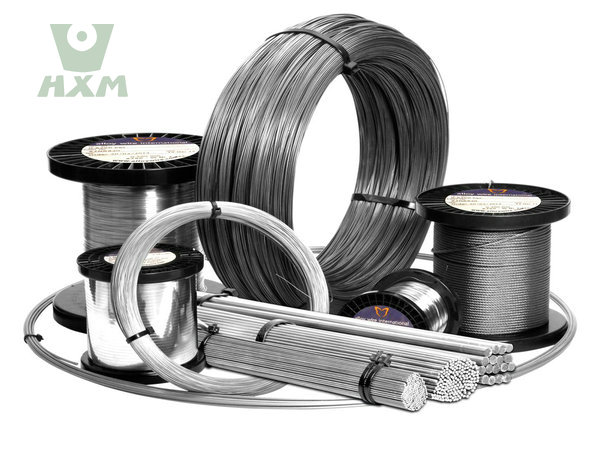Inconel Metal Alloy Specifications
Supply Material: 600, 601, 601GC, 602CA, 603XL, 617, 625, 625LCF, 686, 690, 693, 706, 718, 718SPF, 725, 740H, X-750,751, MA754, MA758, 783.
| Alloy Grade | Product Form | Size Range | Remarks |
|---|---|---|---|
| Inconel 600 | Sheet/Plate | Thickness: 0.5–12 mm (stock), up to 80 mm (custom); Width: 1000–2000 mm; Length: 1000–6000 mm | Complies with ASTM B168/ASME SB-168; Excellent resistance to oxidation and corrosion at high temperatures |
| Pipe/Tube | Outer Diameter: 6–530 mm; Wall Thickness: 0.5–50 mm; Length: 1–12 m | Manufactured via hot rolling, cold drawing, or cold rolling; Meets ASTM B167/ASME SB-167 standards | |
| Bar/Rod | Diameter: 6–500 mm; Length: 0.5–6 m | Available in various surface finishes, including peeled, turned, or as-rolled | |
| Inconel 601 | Sheet/Plate | Thickness: 0.5–80 mm; Width: 1000–2000 mm; Length: 1–6 m | Suitable for high-temperature applications due to excellent oxidation resistance |
| Pipe/Tube | Outer Diameter: 6–530 mm; Wall Thickness: 0.5–50 mm; Length: 1–12 m | Used in heat treatment equipment, chemical industry, and pollution control | |
| Bar/Rod | Diameter: 6–500 mm; Length: 0.5–30 m | Available in various forms, including rough turned, peeled, or cold-drawn | |
| Inconel 625 | Sheet/Plate | Thickness: 0.2–3.0 mm (cold-rolled), 4.0 mm and above (hot-rolled); Width: 1219 mm; Length: 2438 mm | Excellent resistance to corrosion and high strength; Meets ASTM B443/ASME SB-443 standards |
| Pipe/Tube | Outer Diameter: 6–530 mm; Wall Thickness: 0.5–50 mm; Length: 1–12 m | Suitable for marine engineering, petrochemical equipment, and LNG pipelines | |
| Bar/Rod | Diameter: 2–250 mm; Length: 2–6 m | Available in various surface finishes, including black skin, cold-drawn, or ground | |
| Inconel 718 | Sheet/Plate | Thickness: 0.8–50 mm; Width: 1000–2000 mm; Length: 1000–6000 mm | Precipitation-hardenable alloy with high strength at elevated temperatures; Meets ASTM B670/ASME SB-670 standards |
| Pipe/Tube | Outer Diameter: 6–200 mm; Wall Thickness: 0.5–30 mm; Length: 1–6 m | Used in aerospace, nuclear reactors, and oil and gas drilling equipment | |
| Bar/Rod | Diameter: 5–300 mm; Length: 1–6 m | Available in various conditions, including solution-treated and aged |
Inconel Metal Alloy Standard in Different Countries
Standard for Inconel for sale include the following:
| STANDARD | UNS | JIS | BS | GOST | AFNOR | EN |
| Inconel 600 | N06600 | NCF600 | NA 13 | МНЖМц 28-2,5-1,5 | NC15FE11M | NiCr15Fe |
| Inconel 601 | N06601 | NCF601 | NA 49 | XH60BT | NC60BT | NiCr23Fe |
| Inconel 625 | N06625 | NCF625 | NA 21 | ХН75МБТЮ | NC22DNNB4M | NiCr22Mo9Nb |
| Inconel 718 | N07718 | – | – | – | – | – |
Supply Shapes:plate, bar, coil, strip, tube, wires, mesh, sheet, pipes, rod.
Inconel Chemical Composition
As for suppliers and pricing, various companies offer Inconel 625 alloy in different forms (e.g., sheets, bars, rods) at competitive prices. However, specific pricing information is typically not available without a direct inquiry due to fluctuations in market conditions and order quantities. Suppliers of Inconel 718 alloy offer it in various forms including sheets, bars, forgings, and more, tailored to meet specific application requirements. Pricing for Inconel 718 alloy also varies based on market conditions, order quantities, and the specific form and quality required. It is recommended to contact suppliers directly for the most accurate pricing information.
| Nickel (Ni) | Iron (Fe) | Chromium (Cr) | Manganese (Mn) | Silicon (Si) | Carbon (C) | Sulfur (S) | Copper (Cu) | Titanium (Ti) | Aluminum (Al) | Niobium+Tantalum (Nb+Ta) | |
| Inconel 600 | 72% min | 6-10% | 14-17% max | 1% max | 0.5% max | 0.15% | 0.015 max | 0.5% max | – | – | – |
| Inconel 601 | 58-63% | remainder | 21-25% | 1% max | 0.5% max | 0.1% max | 0.015 max | 1.0% max | – | – | – |
| Inconel 625 | 58% min | 5.0% max | 20-23% | 0.5% max | 0,5% max | 0.1% max | 0.015 max | – | 0.4% max | 0.4% max | 3.15-4.15% |
| Inconel 718 | 50-55% | remainder | 17-21% | 0.35% max | 0.35% max | 0.08% max | 0.3% max | 0.3% max | 0.65-1.15% | 0.2-0.8% | 4.75-5.50% |
Inconel Mechanical Properties
| Mechanical Property | Inconel (Approximate Values) |
|---|---|
| Density | 8.19 g/cm³ |
| Melting Point | 1260-1330°C (2300-2425°F) |
| Thermal Conductivity | 14.7 W/m•℃ at 100℃ |
| Specific Heat Capacity | 435 J/kg•℃ |
| Elastic Modulus | 199.9 GPa |
| Shear Modulus | 77.2 GPa |
| Electrical Resistivity | 1.15 μΩ•m |
| Poisson’s Ratio | 0.3 |
| Coefficient of Linear Expansion | 11.8 x 10^-6/°C (20-100°C) |
Please note that the mechanical properties of Inconel alloys may vary depending on the specific alloy type, heat treatment, and testing conditions. The values provided in the table are approximate and should be used for general reference only. For precise mechanical property data, it is recommended to consult the material specification sheet or contact the material supplier.
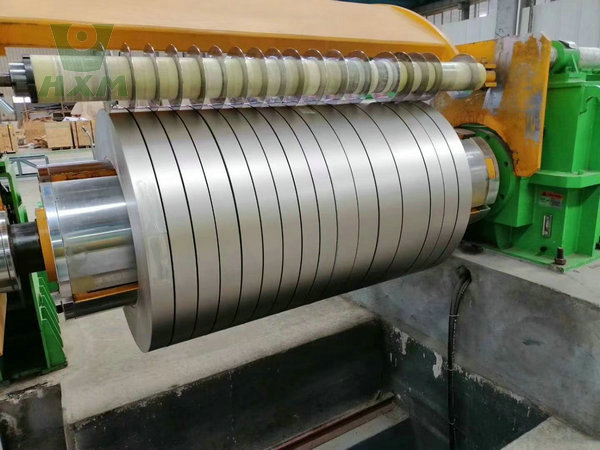
What is Inconel?
Inconel is a registered trademark of Special Metals Corporation, referring to a nickel-based superalloy. It is renowned for its high temperature strength, oxidation resistance, corrosion resistance, and creep resistance. Inconel alloys are widely used in high-temperature and high-corrosion environments, such as high-temperature furnaces, petrochemical industries, and nuclear power stations.
Inconel Characteristics
High Temperature Strength:
- Inconel alloys maintain excellent mechanical properties at temperatures up to and beyond 1000°C (1800°F). This makes them ideal for components that must endure severe thermal cycling and high stresses, such as those found in aerospace engines and industrial turbines.
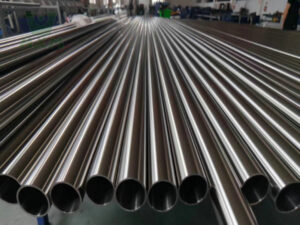
Corrosion Resistance:
- These alloys are highly resistant to corrosion in a wide range of environments, including those containing oxidizing and reducing agents, as well as saltwater and other aggressive media. This makes Inconel suitable for use in marine applications, chemical processing equipment, and other industries where corrosion is a concern.
Oxidation Resistance:
- Inconel alloys exhibit superior resistance to oxidation at high temperatures. This property is crucial for components that operate in oxidizing atmospheres, such as those in furnaces and heat-treating equipment.
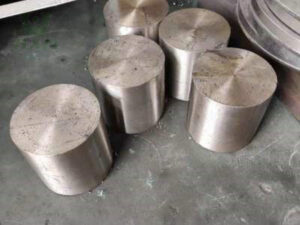
Fabrication and Weldability:
- Inconel alloys can be readily fabricated and welded using conventional methods. This allows for the production of complex shapes and structures without compromising the material’s properties.
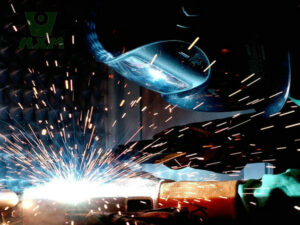
Versatility in Applications:
- Due to its combination of high temperature strength, corrosion resistance, and oxidation resistance, Inconel is used in a wide range of applications. These include, but are not limited to, aerospace engines, industrial turbines, chemical processing equipment, marine hardware, and nuclear reactors. Huxiao Metal Manufacturer has abundant inconel metal products.
Longevity and Reliability:
- Components made from Inconel alloys often have longer service lives and require less maintenance than those made from other materials. This is due to their ability to withstand harsh environments and maintain their properties over time.
Inconel Applications
Inconel alloys are widely used in high-temperature and corrosive environments due to their exceptional strength, corrosion resistance, and high-temperature stability. Applications include aerospace engines, chemical processing equipment, nuclear reactors, and marine systems, where they ensure reliability and durability in harsh conditions. The price is suitable for you and our factory provides the customized services for sale.

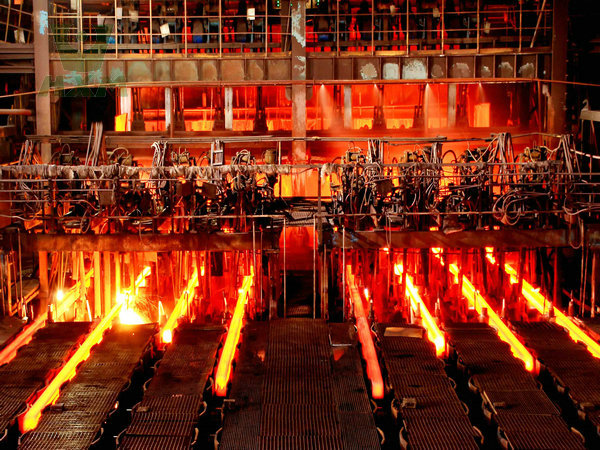

Customized Package
Huaxiao Metal Manufacturer is comprehensive service for customers. The alloy packaging is designed with elegance and durability in mind. Crafted from high-quality alloy materials, it ensures robust protection for its contents. The sleek, modern finish adds a touch of sophistication, while the secure latching system guarantees that your items stay safe and sound. Ideal for a range of applications, this alloy packaging is a perfect blend of style and functionality. Welcome to request the price and inquiry.
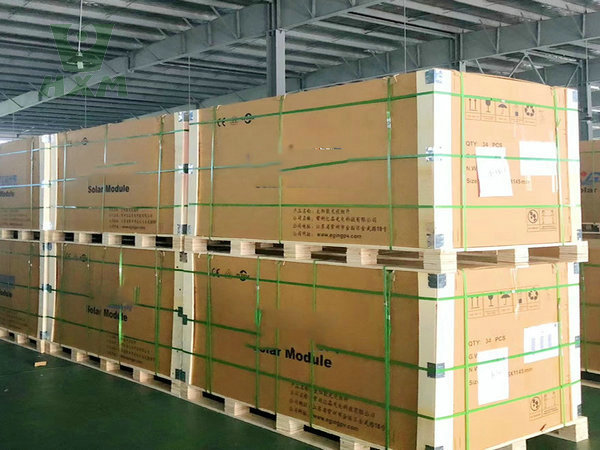
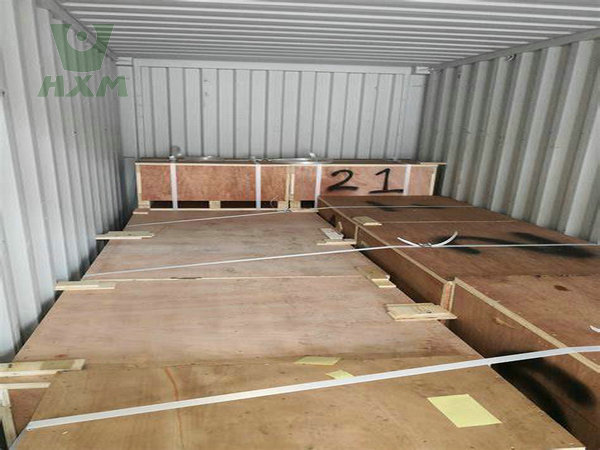
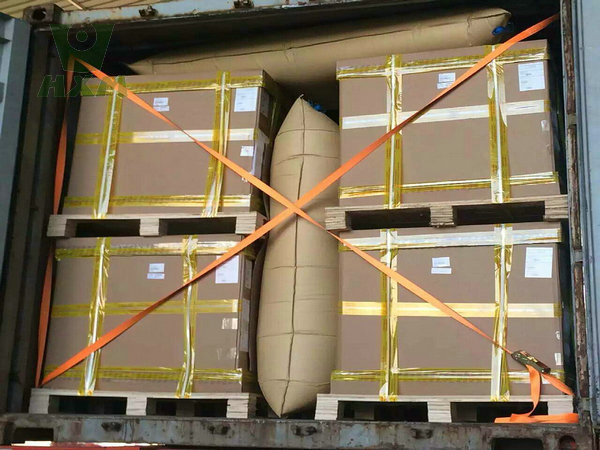
FAQ
Nickel alloy 600 vs inconel 600
Nickel Alloy 600 and Inconel 600 are identical materials. Both are nickel-chromium-iron alloys with exceptional corrosion resistance, high temperature stability, and good mechanical properties. Inconel 600 is a trademarked name, often used interchangeably with Alloy 600.
Nickel alloy 625 vs inconel 625
Alloy 625 and Inconel 625 are essentially the same material. Both are nickel-chromium-molybdenum-niobium alloys known for their high strength, excellent corrosion resistance, and outstanding resistance to high temperatures. Inconel 625 is a trademarked name, often used interchangeably with Alloy 625.
Nickel alloy 718 vs inconel 718
Alloy 718 and Inconel 718 are essentially the same material. Both are high-performance nickel-chromium alloys known for their high strength, excellent corrosion resistance, and outstanding weldability. Inconel 718 is a trademarked name, often used interchangeably with Alloy 718.
Nickel alloy 825 vs inconel 825
Alloy 825 and Inconel 825 are essentially the same material. Both are nickel-iron-chromium alloys that offer excellent corrosion resistance, high temperature stability, and good mechanical properties. Inconel 825 is a trademarked name for this alloy, often used interchangeably with Alloy 825 in various applications.

